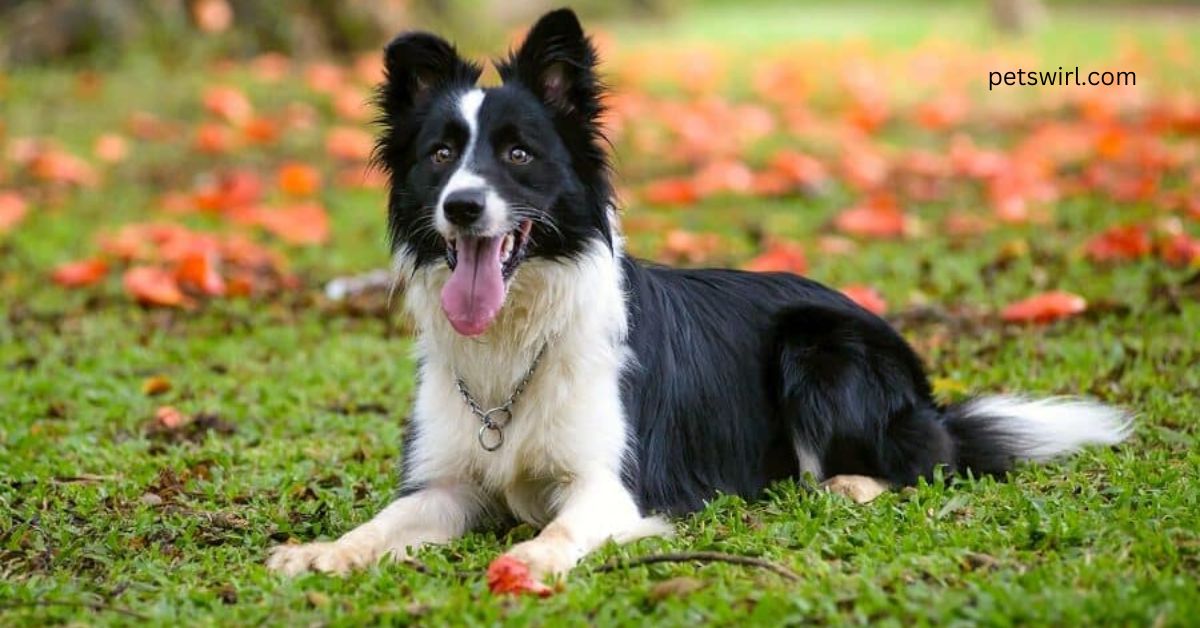The golden mountain dog is an increasingly popular mixed breed that combines the best traits of two beloved breeds: the golden retriever and the Bernese mountain dog. Known for their friendly disposition, striking appearance, and versatility, golden mountain dogs have captured the hearts of many dog lovers. This guide will delve into the characteristics, care, training, and health considerations of this unique breed.
Understanding the Golden Mountain Dog
What is a Golden Mountain Dog?
A golden mountain dog is a crossbreed created by mixing a golden retriever with a Bernese mountain dog. This hybrid inherits the friendly nature of the golden retriever and the affectionate, loyal personality of the Bernese mountain dog. As a result, golden mountain dogs are known for their sociable demeanor and adaptability, making them excellent companions for families and individuals alike.
Characteristics of the Golden Mountain Dog
Golden mountain dogs typically exhibit a blend of traits from both parent breeds. Here are some defining characteristics:
- Appearance: They often has a beautiful, thick coat that can be wavy or straight. Their fur may come in various shades of gold, black, and brown, reflecting the colors of both parent breeds. They usually have a sturdy build, with a strong, muscular frame.
- Size: On average, weight between 70 to 100 pounds and stand about 22 to 28 inches tall at the shoulder. Their size can vary depending on the traits inherited from each parent.
- Temperament: Golden mountain dogs are known for their gentle and friendly nature. They are highly sociable and often get along well with children, other pets, and strangers. Their affectionate demeanor makes them ideal family pets.
Lifespan of a Golden Mountain Dog
The average lifespan its around 10 to 15 years, depending on genetics and overall health. Regular veterinary check-ups, a balanced diet, and an active lifestyle can contribute to a longer, healthier life.

Caring for Your Golden Mountain Dog
Diet and Nutrition
Feeding your dog a well-balanced diet is crucial for their health and well-being. Choose high-quality dog food that meets their nutritional needs. Here are some dietary considerations:
- Protein: Since they are active and large, they require a diet rich in protein to support their muscles. Look for dog food that lists a quality protein source as the first ingredient.
- Fats: Healthy fats, such as omega-3 and omega-6 fatty acids, are essential for maintaining a shiny coat and healthy skin. Fish oil supplements can also be beneficial.
- Carbohydrates: Whole grains and vegetables provide necessary carbohydrates for energy. Ensure that the dog food contains wholesome sources of carbs, avoiding fillers and artificial additives.
- Hydration: Always provide fresh water to keep your dog hydrated, especially after exercise.
Exercise Requirements
They are energetic and require regular exercise to keep them healthy and happy. Aim for at least 1 to 2 hours of physical activity each day. Activities can include:
- Daily walks: Regular walks not only provide exercise but also socialization opportunities with other dogs and people.
- Playtime: Engage your dog in games like fetch, tug-of-war, or agility training to stimulate both their body and mind.
- Outdoor adventures: Golden mountain dogs enjoy outdoor activities such as hiking, swimming, and exploring. These adventures can strengthen your bond and provide mental stimulation.
Grooming Your Golden Mountain Dog
Due to their thick coats, they require regular grooming to keep their fur healthy and free from mats. Here are some grooming tips:
- Brushing: Brush your dog’s coat at least once a week, and more frequently during shedding seasons. This helps remove loose fur and prevents tangles.
- Bathing: Bathe your dog as needed, usually every few months or when they become particularly dirty. Use a gentle, dog-specific shampoo to avoid skin irritation.
- Nail Trimming: Regularly trim your dog’s nails to prevent overgrowth and discomfort. If you can hear their nails clicking on the floor, it’s time for a trim.
- Dental Care: Maintain your dog’s dental hygiene by brushing their teeth regularly and providing dental chews.
Training Your Golden Mountain Dog
Training is essential for golden mountain dogs, as it helps them develop good behavior and social skills. Here are some effective training tips:
Early Socialization
Start socializing your dog as early as possible. Expose them to various environments, people, and other pets to help them become well-adjusted adults. Early socialization can prevent behavioral issues later on.
Positive Reinforcement
Use positive reinforcement techniques, such as treats and praise, to encourage good behavior. Golden mountain dogs respond well to rewards, making training enjoyable for both you and your dog.
Basic Commands
Teach basic commands like sit, stay, come, and down. These commands establish a foundation for more advanced training and enhance your dog’s safety.
Obedience Classes
Consider enrolling your golden mountain dog in obedience classes. These classes provide structured training and socialization opportunities, allowing your dog to learn alongside others.

Health Considerations
Like all breeds, it may be prone to certain health issues. Regular veterinary check-ups can help catch potential problems early. Some common health concerns include:
Hip Dysplasia
Hip dysplasia is a genetic condition where the hip joint doesn’t fit properly into the hip socket. This can lead to arthritis and pain. Maintaining a healthy weight and providing joint supplements can help manage this condition.
Elbow Dysplasia
Similar to hip dysplasia, elbow dysplasia affects the joints in the front legs. Regular exercise and a balanced diet can help reduce the risk.
Bloat
Bloat, or gastric torsion, is a serious condition that can affect deep-chested dogs. Signs include restlessness, a swollen abdomen, and excessive drooling. If you suspect bloat, seek immediate veterinary attention.
Allergies
They can be prone to allergies, which may cause skin irritation or gastrointestinal issues. Consult your veterinarian for diagnosis and treatment options.
Why Choose a Golden Mountain Dog?
If you’re considering adding a golden mountain dog to your family, here are some compelling reasons:
Family-Friendly
These dogs are known for their gentle and loving nature, making them excellent companions for families with children. Their sociable temperament ensures they get along well with kids and other pets.
Versatile Companions
These dogs are adaptable and thrive in various environments, whether in a city apartment or a rural home with a large yard. They enjoy both indoor and outdoor activities, making them versatile companions.
Intelligent and Trainable
They are intelligent and eager to please, which makes them relatively easy to train. Their desire for companionship means they respond well to positive reinforcement techniques.
Beautiful Appearance
With their striking coats and friendly expressions, golden mountain dogs are visually appealing. They often turn heads wherever they go, adding to their charm.
Conclusion
The golden mountain dog is a delightful and versatile breed that combines the best qualities of the golden retriever and Bernese mountain dog. With proper care, training, and socialization, these dogs can become loving companions and cherished family members.
As you consider adding a golden mountain dog to your home, remember the importance of regular exercise, a balanced diet, and ongoing training. By providing a loving environment and meeting their needs, you can enjoy many happy years with this wonderful breed.
Whether you’re drawn to their affectionate nature, striking appearance, or loyal companionship, the golden mountain dog is sure to enrich your life in countless ways. Embrace the journey of pet ownership, and you’ll find that the rewards of having a golden mountain dog are truly priceless.
Also read: Can Dogs Eat Pickles? A Comprehensive Guide for Pet Owners





